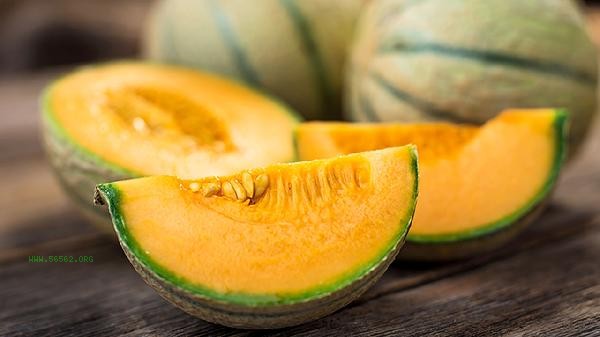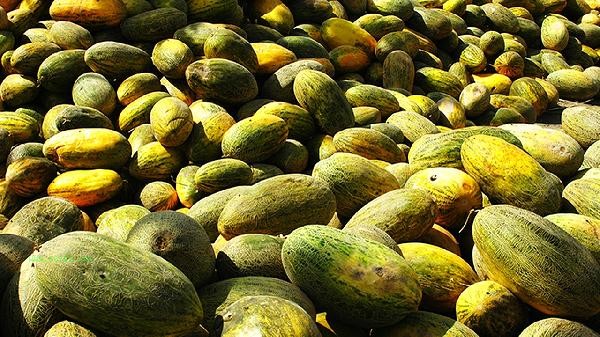High sweetness of cantaloupe is usually a normal phenomenon, but excessive consumption may pose health risks to some populations. The sweetness of Hami melon is mainly influenced by factors such as variety, maturity, and planting conditions. Moderate consumption can supplement nutrients such as vitamin C and potassium. Hami melon is one of the fruits with high sugar content, and its sweetness mainly comes from natural fructose and sucrose. Honeydew melons with higher maturity have more abundant sugar accumulation and a significant increase in sweetness. There are differences in sugar content among different varieties of cantaloupe, and some improved varieties have increased their sugar content through breeding techniques. Hami melons grown under suitable lighting and temperature conditions have more complete sugar conversion and higher sweetness. Moderate consumption of cantaloupe can help replenish water and electrolytes, and its vitamins A and C have antioxidant properties.

Patients with diabetes or those with poor blood glucose control should pay attention to controlling the amount of food to avoid excessive one-time intake leading to blood glucose fluctuations. Overconsumption by individuals with weaker gastrointestinal function may cause discomfort such as bloating and diarrhea. People who are allergic to melons may experience allergic reactions such as skin itching and oral mucosal edema. When purchasing, choose fruits that are undamaged and free from mold, cut them open and consume them as soon as possible or store them in refrigeration. Thoroughly clean the skin before consumption to avoid pesticide residues or bacterial contamination.

It is recommended that healthy individuals limit their daily fruit intake to 200-350 grams, and can pair cantaloupe with other low sugar fruits for consumption. Special populations should adjust their intake according to their own situation, and seek medical attention promptly if they experience discomfort symptoms. Maintain a diversified diet, avoid long-term consumption of high sugar fruits, and pay attention to oral hygiene to reduce the damage of sugar to teeth.










Comments (0)
Leave a Comment
No comments yet
Be the first to share your thoughts!